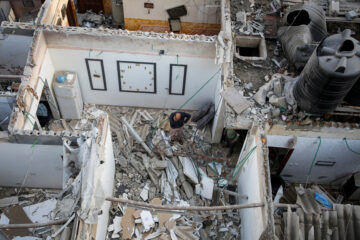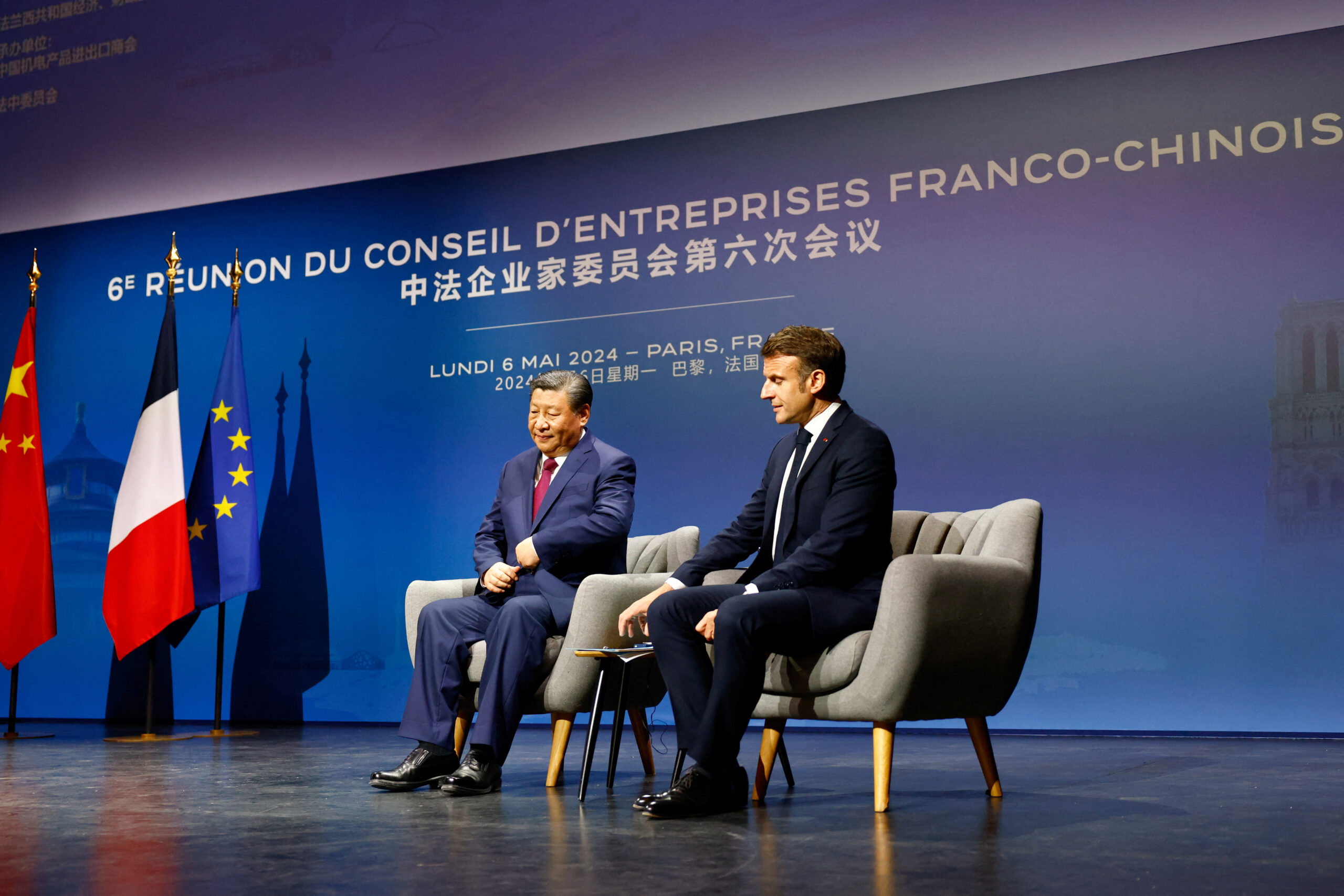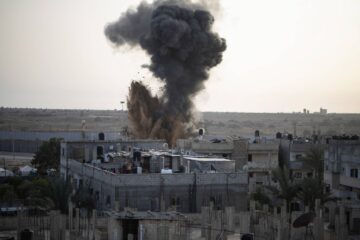North Korea fires missiles after UN imposes tough sanctions
North Korea fired six short-range projectiles into the sea Thursday in a show of defiance just hours after the United Nations adopted the toughest sanctions to date on Pyongyang over its fourth nuclear test and rocket launch.
Limited displays of military firepower have become a routine response by North Korea to international pressure over anything from its nuclear weapons program to its human rights record.
South Korea\’s defence ministry said the six projectiles — either rockets or guided missiles — fell into the sea around 100-150 kilometres (60-90 miles) off the North\’s eastern coast.
China\’s foreign ministry responded by urging all parties to refrain from any actions that might see tensions escalate still further.
The launches came after the UN Security Council unanimously passed a resolution late Wednesday imposing new sanctions after seven weeks of arduous negotiations between the United States and China, Pyongyang\’s sole major ally.
All eyes are now on China and Russia to see if they fully enact the sweeping measures.
North Korea offered no immediate statement on the sanctions, which break new ground, requiring all countries to inspect cargo destined for and coming from the North, in all airports and sea ports.
They also ban or restrict exports of coal, iron and iron ore and other minerals from North Korea, and prohibit the supply of aviation fuel including rocket fuel.
But analysts have pointed to several possible loopholes, including interpretations of what constitutes a proper cargo "inspection" and a provision that excludes mineral exports if their revenues are not deemed to be destined for military use.
North Korea earns about $1 billion per year in coal exports — a third of all export revenues — and about $200 million annually from iron ore sales, US Ambassador Samantha Power told the Security Council.
US President Barack Obama welcomed the measures as "a firm, united, and appropriate response" to the January 6 nuclear test and February 7 rocket launch.
"The international community, speaking with one voice, has sent Pyongyang a simple message: North Korea must abandon these dangerous programs and choose a better path for its people," Obama said.
Banking restrictions will be tightened and governments will be required to ban flights of any plane suspected of carrying contraband destined for North Korea.
"These are among the toughest measures we have agreed against any country in the world, certainly the toughest ever against the DPRK," said British Ambassador Matthew Rycroft, referring to North Korea by its official acronym.
A total of 16 individuals and 12 entities were added to a UN sanctions blacklist, including North Korea\’s NADA space agency and its spy agency.
South Korean President Park Geun-Hye said she hoped the "unprecedentedly tough" sanctions would push Pyongyang into finally abandoning its nuclear weapons program.
The resolution sends "a strong message from the international community seeking peace on the Korean peninsula," Park said.
Japanese Prime Minister Shinzo Abe urged Pyongyang to refrain from any fresh provocations, while Tokyo\’s ambassador to the UN, Motohide Yoshikawa, stressed that "the heart of the matter now is implementation" of the sanctions by China, North Korea\’s largest trading partner, and other countries.
Power also called for a "robust and unyielding" follow-up to ensure the sanctions bite and singled out Russia and China as key players.
Chinese Ambassador Liu Jieyi said the resolution should "be a new starting point and a stepping stone" for renewed talks on dismantling North Korea\’s nuclear program.
Russia echoed that view, with Ambassador Vitaly Churkin saying the resolution is designed to "shut down as much as possible the financing" of North Korea\’s weapons program to push Pyongyang back to the negotiating table.
During the weeks of negotiations, China had been reluctant to endorse harsh sanctions out of concern that too much pressure would trigger the collapse of the pariah regime, creating chaos on its border.
Andrea Berger, a Korea specialist at the London-based Royal United Services Institute for Defence and Security Studies, said China\’s enforcement of the new sanctions was likely to be piecemeal at best.
"It is difficult to foresee broad and consistent implementation of the new resolution, especially from players such as China, to create barriers that North Korea cannot find its way around," Berger said.
The latest resolution ushered in the fifth set of UN sanctions to hit North Korea since it first tested an atomic device in 2006.
SOURCE: AFP
[do_widget_area inner_adsbar]









